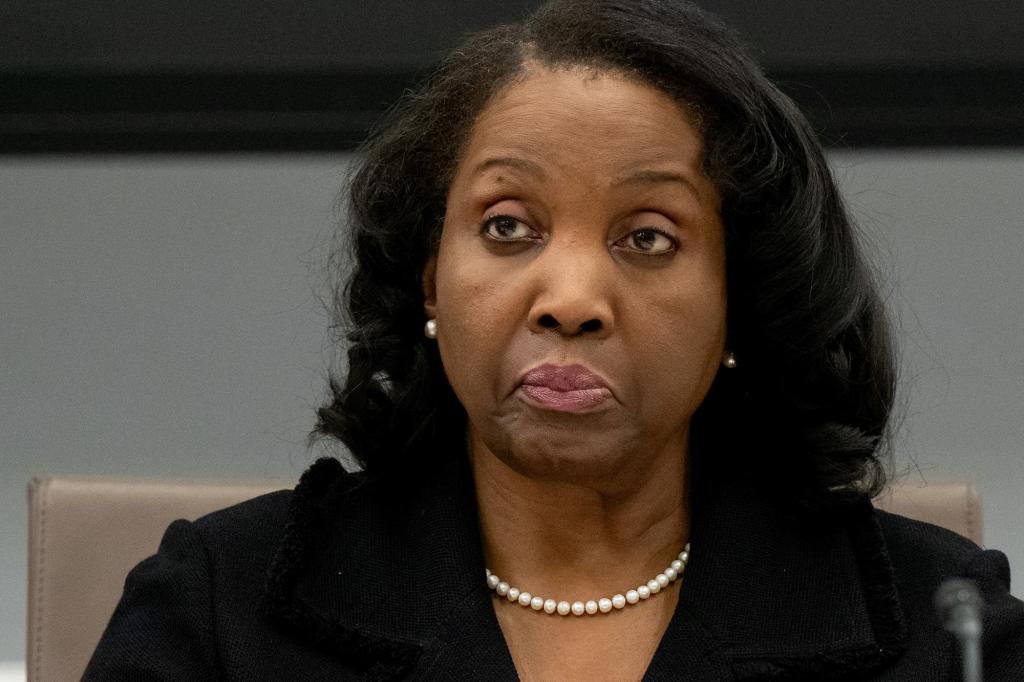Chances are very good that if someone wins Saturday’s promised Powerball prize of $1.8 billion, they will cash in their ticket. But it’s not certain.
Not every jackpot-winning ticket sold over the years has been cashed in. And if you totaled up all the missing smaller “winners” who could claim anywhere from a few dollars to millions of dollars, their total-lost winnings likely stretch to the 10-figure range annually.
Prizes worth about 1% of yearly lottery revenue go unclaimed, said Victor Matheson, an economics professor at the College of the Holy Cross and an expert on gambling and lotteries, citing an annual report from the New York Lottery Commission.
“The amount of unclaimed prizes are similar nationwide,” said Matheson. And since so many lotto tickets are sold each year, that 1% estimate adds up to more than $1 billion.
One of the unclaimed prizes last year was a winning lottery ticket sold on July 3, 2024, at a Walmart Supercenter in Huber Heights, Ohio. That unclaimed ticket would have paid the holder $138 million spread over 20 years, or $65.8 million as a lump sum.
Eight Mega Millions or Powerball jackpots have gone unclaimed in the last 25 years, according to data on the two lottery sites. Those jackpots have a combined worth of $646 million, or $821 million when adjusted for inflation.
But those eight missed prizes are about 1.5% of all 520 jackpots won during that time. Most of the unclaimed potential winnings come from the smaller prizes, and far more of them don’t ever get cashed.
Many lottery players likely never check their tickets after they hear there was no jackpot winner, or that the winning ticket was sold far from where they bought their ticket, according to Matheson. Most probably are unaware they are leaving potential winnings on the table, or stashed their winning ticket in their pockets or junk drawers.
Some prizes are as low as $4 for those who match only the Powerball number in that game. But it can also be millions for those who get the five regular numbers but not the Powerball or Mega Ball number. Mega Millions pays $2 million for that prize, while Powerball pays either $1 million or $2 million, depending on whether the player paid extra for a “power play option.”
Beyond the million-dollar prizes, there are also modest prizes of between $4 and $500 in Powerball and between $10 and $800 in Mega Millions. And there are also prizes for up to six figures offered in the two games, ranging from $1,000 to as much as $500,000.
Different states have different time limits to turn in a winning ticket. Powerball’s site has a list of prizes of $50,000 or more that have not been claimed, as well as the time remaining for the winner to claim them. One of those listed prizes, a $50,000 winning ticket sold in March in Covington, Louisiana, just expired Friday without being claimed.
Most of the money wagered in lotteries isn’t in these jackpot drawing games, said Matheson. About 70% of the $110 billion in tickets sold are for instant scratch-off games. And while he has no firm data to back it up, he suspects relatively few of those winning tickets end up not being cashed.
“There’s just less time between when the tickets are sold and when the player knows if they won, less time for the ticket to be lost or forgotten,” Matheson said.










































